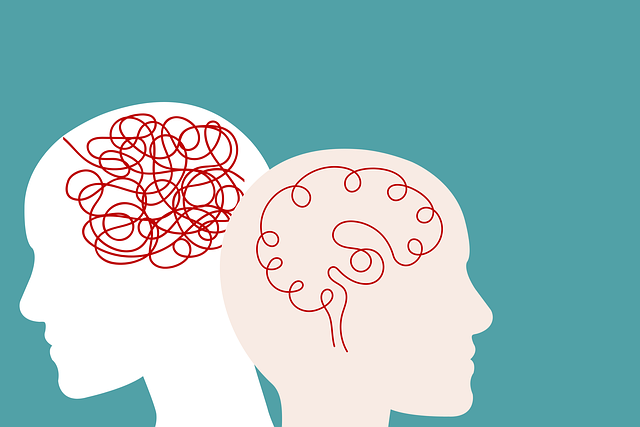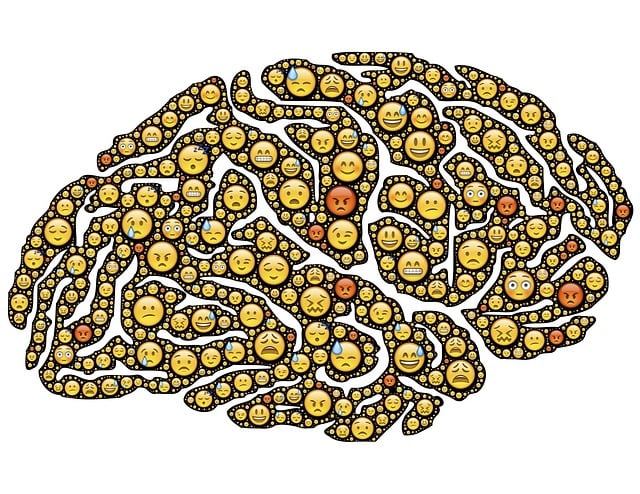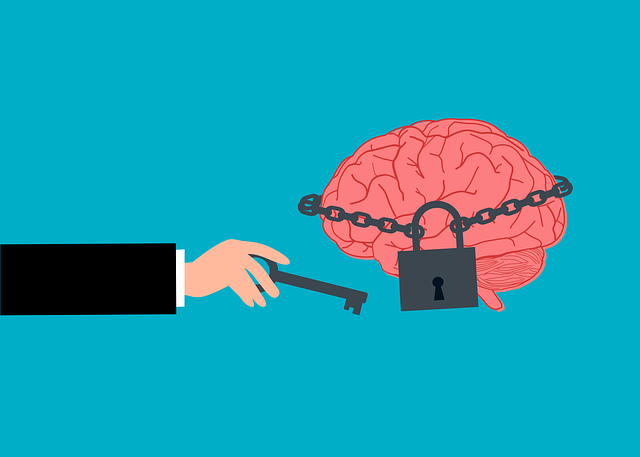Cultural competency in healthcare, particularly in diverse communities like Aurora, is crucial for quality patient care, especially for ADD-ADHD evaluations and therapy. Understanding cultural differences improves communication, builds trust, and enhances therapeutic outcomes using evidence-based methods like Mind Over Matter. Aurora's specialized services integrate social skills, positive thinking, and self-awareness to address ADHD challenges holistically, fostering improved emotional intelligence. Interactive training workshops are essential for healthcare providers to offer equitable care, breaking down cultural barriers and strengthening patient-provider relationships through inclusive treatment environments.
In today’s diverse healthcare landscape, cultural competency is no longer an option but a necessity. Understanding and respecting patient cultures can significantly improve healthcare outcomes, enhance communication, and foster trust. This article explores the critical role of cultural competency training for healthcare providers, focusing on strategies to elevate care quality. We delve into the impact of initiatives like Aurora ADD-ADHD Evaluations and Therapy, demonstrating how such programs can empower providers to offer more personalized and culturally sensitive care.
- Understanding Cultural Competency in Healthcare: Why It Matters and Its Impact on Patient Care
- The Role of Aurora ADD-ADHD Evaluations and Therapy in Promoting Cultural Sensitivity
- Implementing Effective Training Programs: Strategies for Healthcare Providers to Enhance Cultural Competency
Understanding Cultural Competency in Healthcare: Why It Matters and Its Impact on Patient Care

Cultural competency in healthcare is a critical aspect that ensures providers can offer quality care to patients from diverse backgrounds and cultural contexts. It involves understanding and appreciating different beliefs, values, and practices, enabling healthcare professionals to deliver services that meet the unique needs of each individual. In today’s diverse society, where patients come from various ethnic, racial, and cultural groups, this competency is essential for effective communication and building trust between providers and their patients.
When healthcare providers possess cultural competency skills, they can significantly improve patient care outcomes. For instance, in Aurora, where ADD-ADHD evaluations and therapy are common requests, culturally competent professionals can tailor these services to cater to the specific needs of each patient. By considering cultural factors, therapists can employ Mind Over Matter principles to offer anxiety relief tailored to individual beliefs, enhancing the overall therapeutic experience. Moreover, this competency helps in accurate risk assessments for mental health professionals, ensuring they provide safe and effective treatment while respecting patients’ cultural identities.
The Role of Aurora ADD-ADHD Evaluations and Therapy in Promoting Cultural Sensitivity

Aurora ADD-ADHD Evaluations and Therapy plays a pivotal role in enhancing cultural sensitivity within healthcare settings. By offering specialized assessments and evidence-based treatments, this approach ensures that healthcare providers gain valuable insights into the unique challenges faced by individuals with Attention Deficit Disorder (ADD) or Attention Deficit Hyperactivity Disorder (ADHD). These evaluations extend beyond diagnosing; they foster an understanding of how cultural factors can influence symptoms and behavior. Through therapy, patients learn coping mechanisms tailored to their specific needs, promoting self-awareness and adaptability.
Moreover, the process integrates social skills training and encourages positive thinking, contributing to improved emotional intelligence. This holistic approach equips healthcare providers with the tools to deliver more culturally responsive care. By recognizing and addressing the intersection of mental health and cultural identity, Aurora ADD-ADHD Evaluations and Therapy empowers both patients and practitioners, fostering inclusive and effective treatment environments.
Implementing Effective Training Programs: Strategies for Healthcare Providers to Enhance Cultural Competency

Implementing effective cultural competency training programs is essential for healthcare providers to deliver quality care to a diverse patient population. These programs should go beyond surface-level awareness and focus on deep understanding and empathy. Interactive workshops, case studies, and role-playing exercises can help professionals develop skills to navigate complex cultural interactions, ensuring every patient receives respectful, sensitive treatment.
Aurora’s ADD-ADHD evaluations and therapy services play a crucial role in this context. By integrating Mind Over Matter principles and self-esteem improvement techniques, healthcare providers can boost patient confidence and create a supportive environment. This holistic approach not only enhances the effectiveness of treatment but also fosters better communication, making it easier for providers to connect with patients from various cultural backgrounds.
Healthcare provider cultural competency training, including programs like Aurora ADD-ADHD Evaluations and Therapy, is essential for delivering quality patient care. By understanding diverse cultural backgrounds and incorporating effective strategies, healthcare providers can create inclusive environments that improve patient outcomes and experiences. Implementing these training programs equips professionals to navigate complex cultural nuances, ensuring every patient receives respectful, sensitive, and personalized care.









